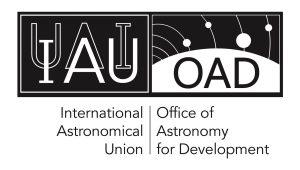
The global Office of Astronomy for Development (OAD) is a joint partnership between the International Astronomical Union (IAU) and the South African National Research Foundation (NRF). The mission of the OAD is to further the use of astronomy, in all its aspects, as a tool for development. This development in the sence of the United Nations Sustainable Development Goals.
One of the primary ways the OAD implements its mission is through the Call for Proposals
In 2023, CoAstro submitted its application. As a result, received a Letter of Endorsement, which you can read HERE.
So, from this year on, we can say that CoAstro has the IAU/OAD Endorsement!
This is not only prestigious because of the nature of the IAU/OAD, but also because CoAstro has, in this context, competed with projects from developing countries (and therefore, in this respect, with an advantage in its applications). This is therefore symptomatic of CoAstro’s value in democratising access to science: making science available to those who, not by choice, but through lack of opportunity, don’t have access to it.
Thanks to everyone who enabled CoAstro to reach this level.
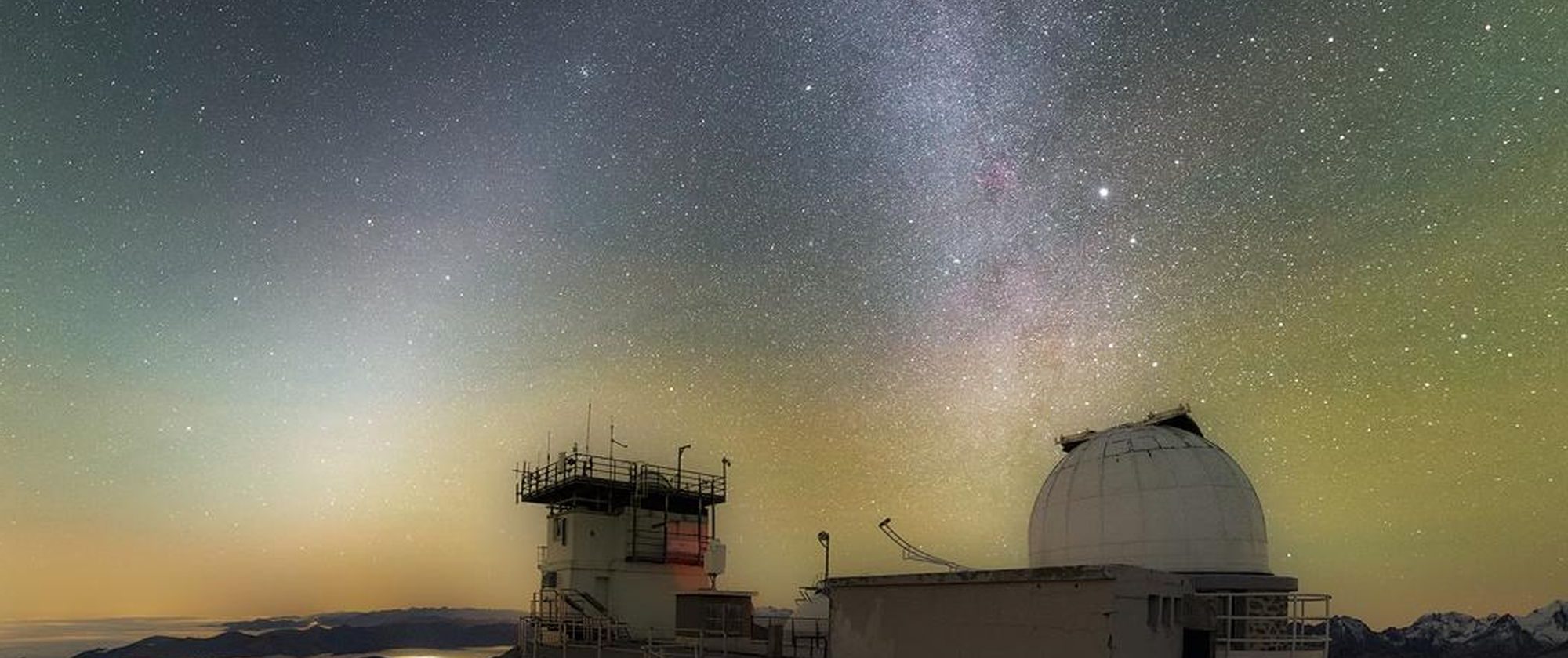

 CoAstro was one of the projects selected for the
CoAstro was one of the projects selected for the 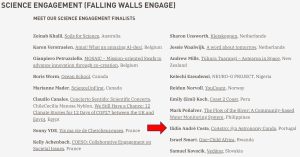
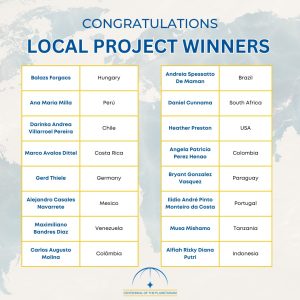
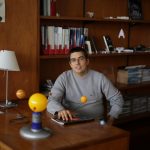 One of CoAstro’s astronomers –
One of CoAstro’s astronomers – 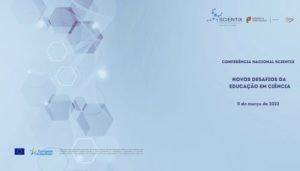 That CoAstro is a “best practice”, we already knew! However, recently, it has
That CoAstro is a “best practice”, we already knew! However, recently, it has 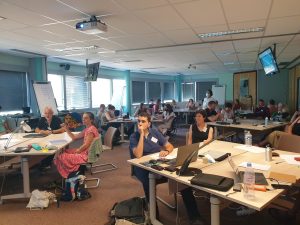 CoAstro
CoAstro 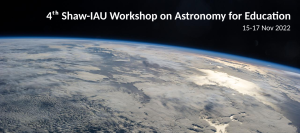 CoAstro was one of the projects selected to be presented at the
CoAstro was one of the projects selected to be presented at the 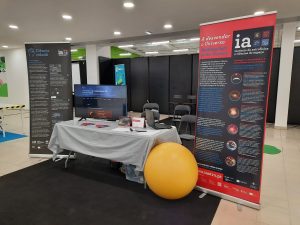 CoAstro was selected by the
CoAstro was selected by the